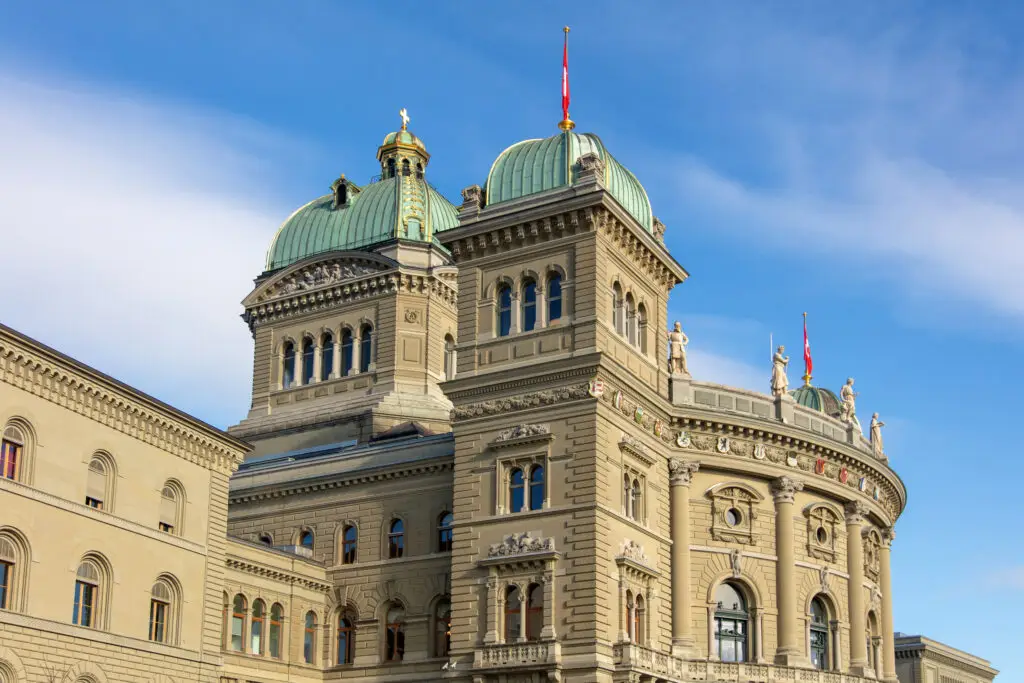Experts speaking at the UN’s Economic and Social Council’s annual Special Meeting on International Cooperation in Tax Matters concluded that the international community must do more to tackle tax base erosion and profit shifting and offshore tax evasion.
Among other pressing topics, tax policy specialists and senior Government officials throughout the day-long meeting – which featured three panel discussions on the role of tax revenue in fighting inequality, combating climate change, and funding health systems, respectively – also discussed new proposals to enact a global corporate minimum tax; considered ways developing countries can escape the tax exemption “race to the bottom” as they seek to attract big businesses; and weighed the benefits and drawbacks of taxes on the world’s wealthiest people.
Keynote speaker Annet Wanyana Oguttu, Professor of Tax Law at the University of Pretoria, South Africa, discussed options for taxing high-wealth individuals. She noted the problems countries have encountered in attempting to tax the wealth of individuals and proposed instead that countries should look instead to tax income and property holdings.
In the first panel of the day, on the theme “Taxation and inequality”, panelists and other experts drew attention to discussions currently under way in the G20 and other international forums on measures to help developing countries escape the pressure to implement tax exemptions or incentives. The US Government representative at the meeting recalled that the US has recently shared a proposal on the establishment of a global corporate minimum tax. She said this would support both developed and developing economies to increase their tax revenues and create a more equal playing field for all actors.
Endorsing that proposal, Pascal Saint-Amans, Director of the Centre for Tax Policy and Administration at the OECD, also joined other speakers in calling for more capacity-building on auditing, noting that over USD1bn has been generated through the Tax Inspectors Without Borders program.
During a second panel on “Taxation and the environment”, participants shared their national experiences with economic measures implemented to fight climate change and reverse environmental degradation, including comprehensive fiscal reforms that include frameworks of taxes on pollutants and emissions. Speakers considered the role of different financial instruments that can support or hinder climate change mitigation efforts, such as carbon pricing and fossil fuel subsidies, respectively, as well as the role of green fiscal policies in post-COVID-19 recovery plans. Some speakers also sounded the alarm about challenges posed by the pandemic in that critical arena, including scaled back environmental efforts as countries grapple with the pandemic’s economic fallout.
The third panel focused on the theme “Taxation and financing for health systems”. Panelists noted that COVID-19 has exposed the vulnerability of national and local capacities in all countries, especially least developed countries and others in special situations, and has greatly intensified pressure on public finances. Among other things, they debated the merits of well-designed taxes to promote healthy lifestyles – such as those levied on alcohol, tobacco, and sugary or artificially sweetened beverages – and discussed a range of other health-related tax policy responses, including tax concessions for health care workers.
Source: Tax-News.com





